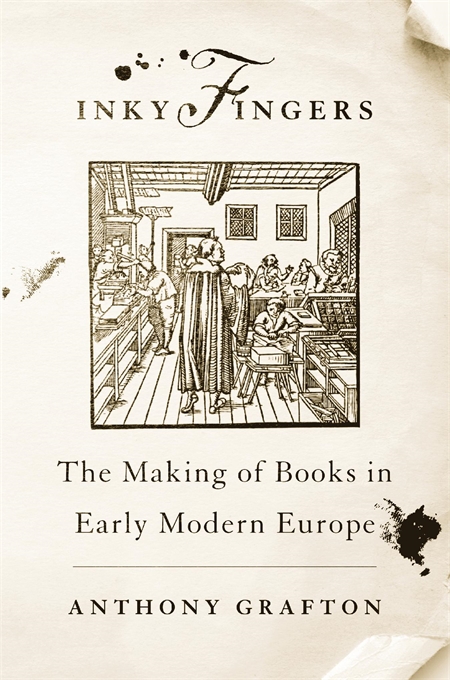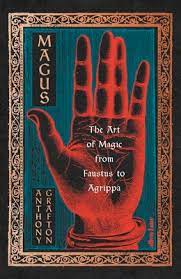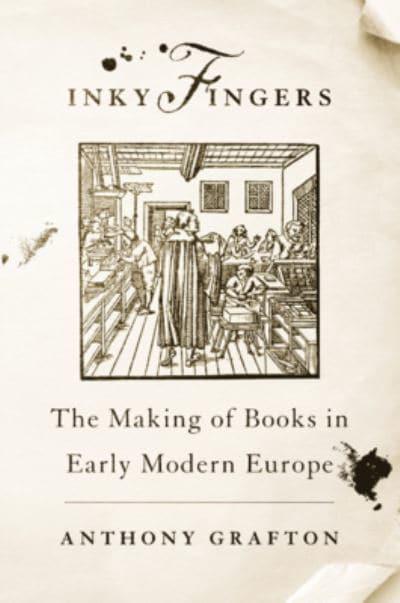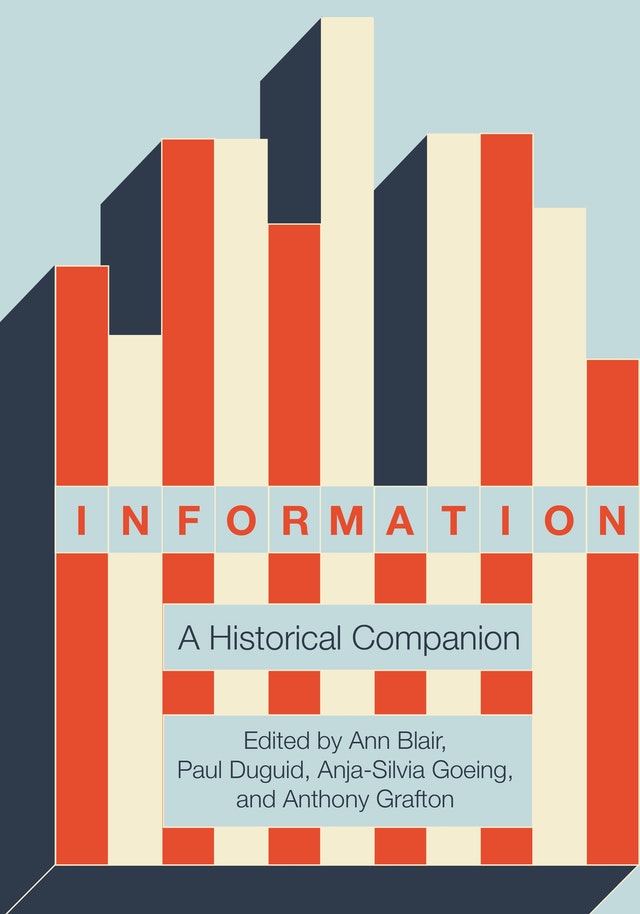Inky fingers
The making of books in Early Modern Europe
- ISBN: 9780674237179
- Editorial: The Belknap Press of Harvard University Press
- Fecha de la edición: 2020
- Lugar de la edición: Cambridge (MA). Estados Unidos de Norteamérica
- Encuadernación: Rústica
- Medidas: 24 cm
- Nº Pág.: 392
- Idiomas: Inglés

From Francis Bacon to Barack Obama, thinkers and political leaders have denounced humanists as obsessively bookish and allergic to labor. In this celebration of bookmaking in all its messy and intricate detail, renowned historian Anthony Grafton invites us to see the scholars of early modern Europe as diligent workers. Meticulously illuminating the physical and mental labors that fostered the golden age of the book—the compiling of notebooks, copying and correction of texts and proofs, preparation of copy—he shows us how the exertions of scholars shaped influential books, treatises, and forgeries.
Inky Fingers ranges widely, tracing the transformation of humanistic approaches to texts in the seventeenth and eighteenth centuries and examining the simultaneously sustaining and constraining effects of theological polemics on sixteenth-century scholars. Grafton draws new connections between humanistic traditions and intellectual innovations, textual learning and craft knowledge, manuscript and print.
Above all, Grafton makes clear that the nitty-gritty of bookmaking has had a profound impact on the history of ideas—that the life of the mind depends on the work of the hands.
Introduction: Making Book: The Way of the Humanists
1. Humanists with Inky Fingers
2. Philologists Wave Divining Rods
3. Jean Mabillon Invents Paleography
4. Polydore Vergil Uncovers the Jewish Origins of Christianity
5. Matthew Parker Makes an Archive
6. Francis Daniel Pastorius Makes a Notebook
7. Annius of Viterbo Studies the Jews
8. John Caius Argues about History
9. Baruch Spinoza Reads the Bible
Conclusion: What the Ink Blots Reveal
Notes
Acknowledgments
Index










